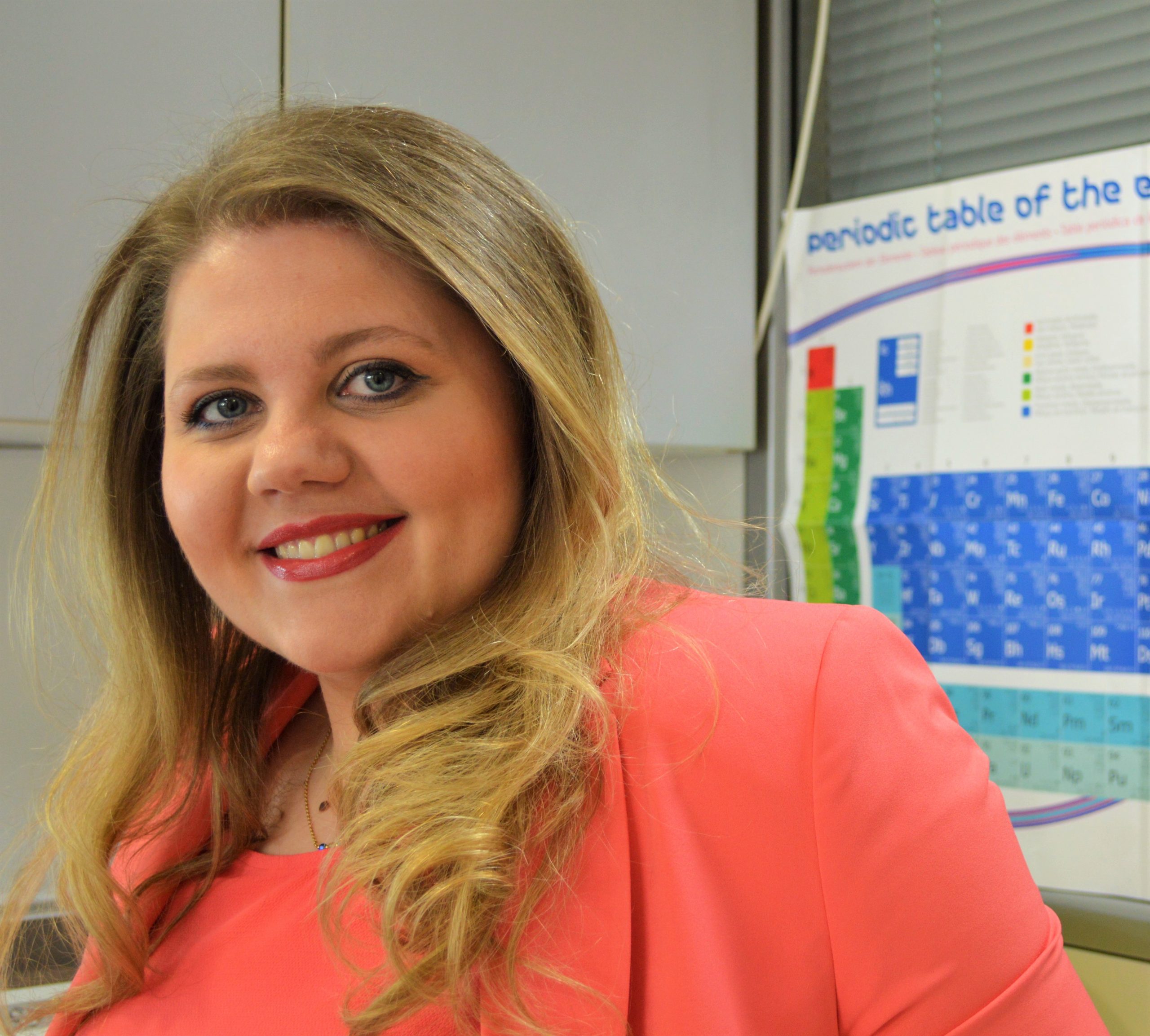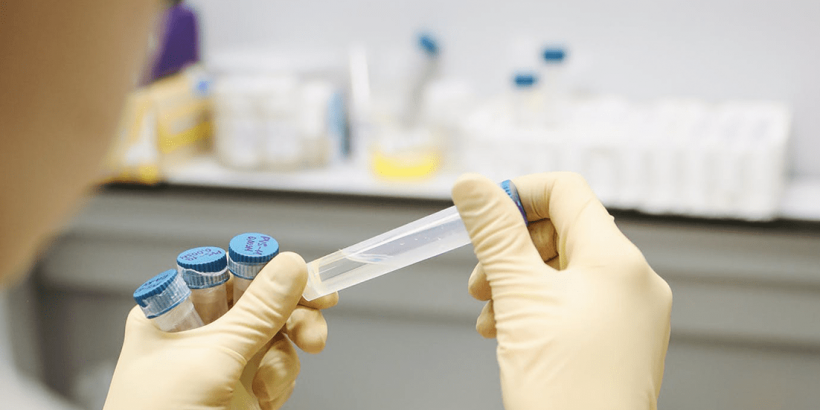Below you will find answers to the most frequently asked questions about the coronavirus (COVID-19) test:
What is the most valid method for diagnosing the coronavirus?
Molecular detection is currently the most valid method for diagnosing COVID-19. The molecular method can be negative in people without obvious symptoms who are, however, infected with the virus and may develop the disease after a few days. Molecular tests tell us if someone has the virus now, but they can’t tell us if someone has had it in the past.
How is the coronavirus molecular test done?
The molecular diagnosis of COVID-19 is made by taking a nasopharyngeal or oropharyngeal swab and using molecular techniques to detect the virus.
Sampling involves taking biological material with a special stylet, where the genetic material of the virus can be detected. This procedure is painless and takes only a few seconds. In some patients it causes a slight discomfort leading to sneezing or tearing, due to reflexes.
How many days after travel or other exposure should I do the molecular test for the diagnosis of the coronavirus?
In a recent study, Johns Hopkins researchers found that the time between possible infection with the new coronavirus and the day the test is performed plays a decisive role in its outcome. In particular, the study showed that when the molecular test to detect the new coronavirus was performed very early (during the first day after infection) it was negative in 100% of patients infected with the virus. The reason is that the virus has not had time to multiply yet, as a consequence the very small number of viruses present in the nose or saliva of patients is not detected by the available diagnostic tests. According to the study, the rate of false negative results is significantly reduced to about 40% of patients when the molecular test is performed four days after exposure to the virus. Finally, the researchers concluded that the molecular test had the best results when performed on average three days after the onset of clinical symptoms, but even then 20% of patients had a false negative result, meaning that one in five people with the virus remained undiagnosed.
Based on recent literature, we recommend that a molecular test for coronavirus should be performed at least 4 days after recent travel or possible exposure to the virus. In case of a negative result, the molecular test should be repeated if the patient develops clinical symptoms (fever or other respiratory symptoms such as difficulty breathing, cough) suggestive of SARS-CoV-2.
Where can I do a molecular coronavirus test?
StArtBio is located in the center of Athens at 23 Phidippidou Street in Ampelokipi and Peristeri on Sov street. Venizelou 41. Both the molecular coronavirus test and the antibody test are performed in our laboratory in accordance with the guidelines of the EODYY and the World Health Organization.
The results are ready within 24 hours after the sample is taken. The answer sheet is signed by a Biopathologist doctor and a Molecular Biologist, who ensure the quality of the analysis and the validity of the answers.
You can call 211-4025423 and 6932488458 for any questions and making an appointment.
Is it possible to do a molecular coronavirus test at home?
StartBio provides the door-to-door sampling service with special crews equipped with all the necessary special protective equipment for patient care.
How much does the molecular coronavirus test cost?
The price for the molecular ,coronavirus test , is €30 and includes molecular diagnosis and sampling. For door-to-door sampling, there is a charge of €30 or €50 depending on the distance for the first person.
How soon can I get the results of the molecular coronavirus test?
StartBio delivers the test results on the same day if the sample is taken by 16:00.
How can I find out if I have had the coronavirus in the past?
The detection of specific antibodies against .the corona virus is done by a serological method.
With these tests we check if there are antibodies against COVID-19 in a person’s blood. According to the World Health Organization, serological tests are considered auxiliary and not main tests for the diagnosis of the new coronavirus. Serological tests can help diagnose if blood is drawn 10 days after the onset of symptoms. If the test is done in the first 10 days from the onset of symptoms, it may be negative because the body has not had time to create antibodies.
The serological diagnosis of the disease COVID-19 is made with a simple blood test.
The detection of specific antibodies against the virus is used in the following cases
- As a complement to the detection of the virus by a molecular method in order to increase the probability of a correct diagnosis.
- When the molecular method is negative while the symptomatology is highly suspect for COVID -19.
- To clarify the stage of COVID -19 infection.
Can I have an antibody test for the coronavirus?
StartBio detects the IgG, IgA and IgM antibodies produced by the human body against the new coronavirus (SARS-CoV-2). All reagents carry a CE-marking certificate for diagnostic purposes.

Η Δρ. Στέλλα Τάκα (Styliani Taka) είναι μοριακός βιολόγος με πολυετή ερευνητική δραστηριότητα ως μεταδιδακτορική ερευνήτρια στο εργαστήριο Αλλεργιολογίας και Κλινικής ανοσολογίας, της Β΄ Παιδιατρικής Κλινικής, του Εθνικού και Καποδιστριακού Πανεπιστημίου Αθηνών (ΕΚΠΑ). Τα τελευταία χρόνια οι κύριες ερευνητικές της δραστηριότητες επικεντρώθηκαν στην αλληλεπίδραση μεταξύ των ανθρώπινων αναπνευστικών παθογόνων (ιών και βακτηρίων), και της φυσικής ανοσίας τόσο σε υγιείς όσο και σε αλλεργικούς ασθενείς. Έχει συμμετάσχει ως κύρια ερευνήτρια σε ευρωπαϊκά προγράμματα: NANOMYC, MIDAS, PREDICTA, iFaam, CURE. Έχει περισσότερα από 25 επιστημονικά άρθρα (h-index 8) και πάνω από 200 αναφορές , και είναι μία από τους εφευρέτες (Inventors) της πατέντας (Application number: 12001210.9) «Detection of leishmania». Είναι ενεργό μέλος της Ευρωπαϊκής Ακαδημίας Αλλεργιολογίας και Κλινικής Ανοσολογίας – EAACI. Με τον τομέα της διάγνωσης, ασχολείται από το 2009, ως υπεύθυνη του μοριακού ελέγχου, κυρίως μέσω των γενετικών και μοριακών αναλύσεων διάφορων ασθενειών όπως η κυστική ίνωση, η θρομβοφιλία, τα σεξουαλικώς μεταδιδόμενα νοσήματα και τα τελευταία χρόνια από το 2012 και μετά κυρίως με τις αλλεργίες και τα παθογόνα του αναπνευστικού. Περισσότερα για το ερευνητικό έργο της Στέλλα Τάκα στα Google Scholar και ResearchGate.
